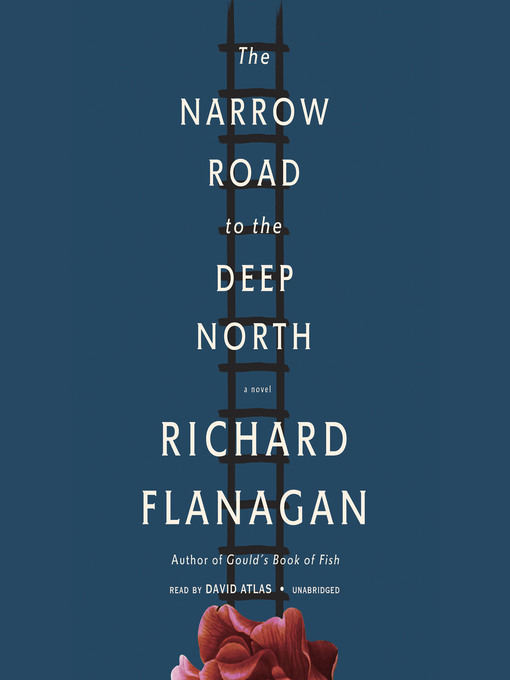
The Narrow Road to the Deep North
کتاب های مرتبط
- اطلاعات
- نقد و بررسی
- دیدگاه کاربران
نقد و بررسی

Narrator David Atlas's performance is true to the tone and spirit of Flanagan's account of Australian WWII POWs' building of the railway between Thailand and Burma. It's a story of bravery, mateship, starvation, disease, abject misery, and death. Atlas perfectly captures the Australian character as well as conveying the stomach-churning horror of the death camps. This makes for mighty uncomfortable listening at times when steeling the nerves becomes necessary. Dorrigo Evans, officer and doctor at the camp, is praised for his courage during the war despite feeling undeserving of the accolades. Dorrigo is obsessed by the affair he had with his uncle's wife before the war. It's a pulpy and cheesy romance that doesn't feel worthy of such an important story, but Atlas does his best to give it some dignity. A.B. © AudioFile 2014, Portland, Maine

June 23, 2014
From bestselling Australian writer Flanagan (Gould’s Book of Fish) comes a supple meditation on memory, trauma, and empathy that is also a sublime war novel. Initially, it is related through the reminiscences of Dorrigo Evans, a 77-year-old surgeon raised in Tasmania whose life has been filtered through two catastrophic events: the illicit love affair he embarked on with Amy Mulvaney, his uncle’s wife, as a young recruit in the Australian corps and his WWII capture by the Japanese after the fall of Singapore. Most of the novel recounts Dorrigo’s experience as a POW in the Burmese jungle on the “speedo,” horrific work sessions on the “Death Railway” that leave most of his friends dead from dysentery, starvation, or violence. While Amy, with the rest of the world, believes him dead, Dorrigo’s only respite comes from the friends he tries to keep healthy and sane, fellow sufferers such as Darky Gardiner, Lizard Brancussi, and Rooster MacNiece. Yet it is Dorrigo’s Japanese adversary, Major Nakamura, Flanagan’s most conflicted and fully realized character, whose view of the war—and struggles with the Emperor’s will and his own postwar fate—comes to overshadow Dorrigo’s story, especially in the novel’s bracing second half. Pellucid, epic, and sincerely touching in its treatment of death, this is a powerful novel. 50,000-copy first printing.

























دیدگاه کاربران